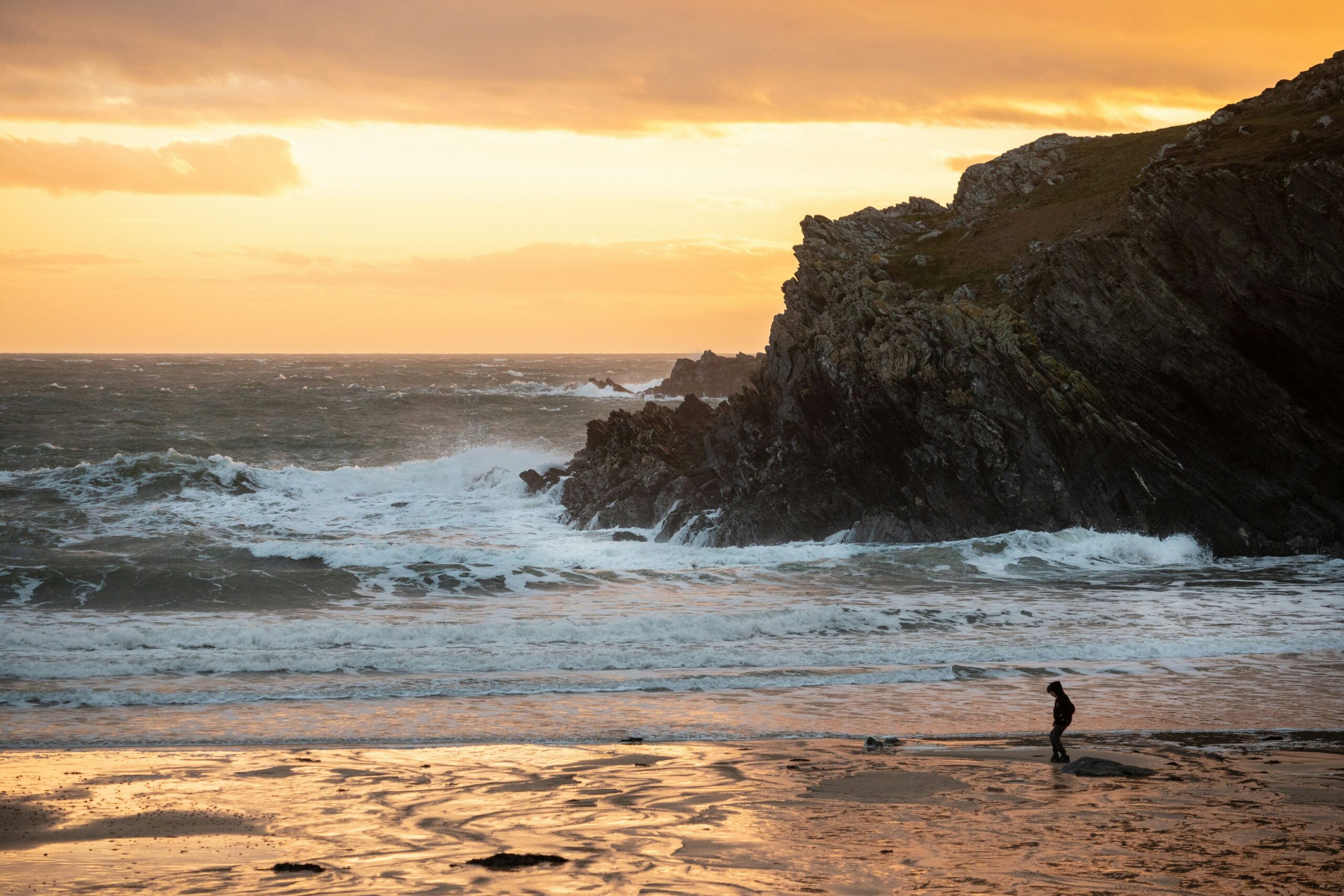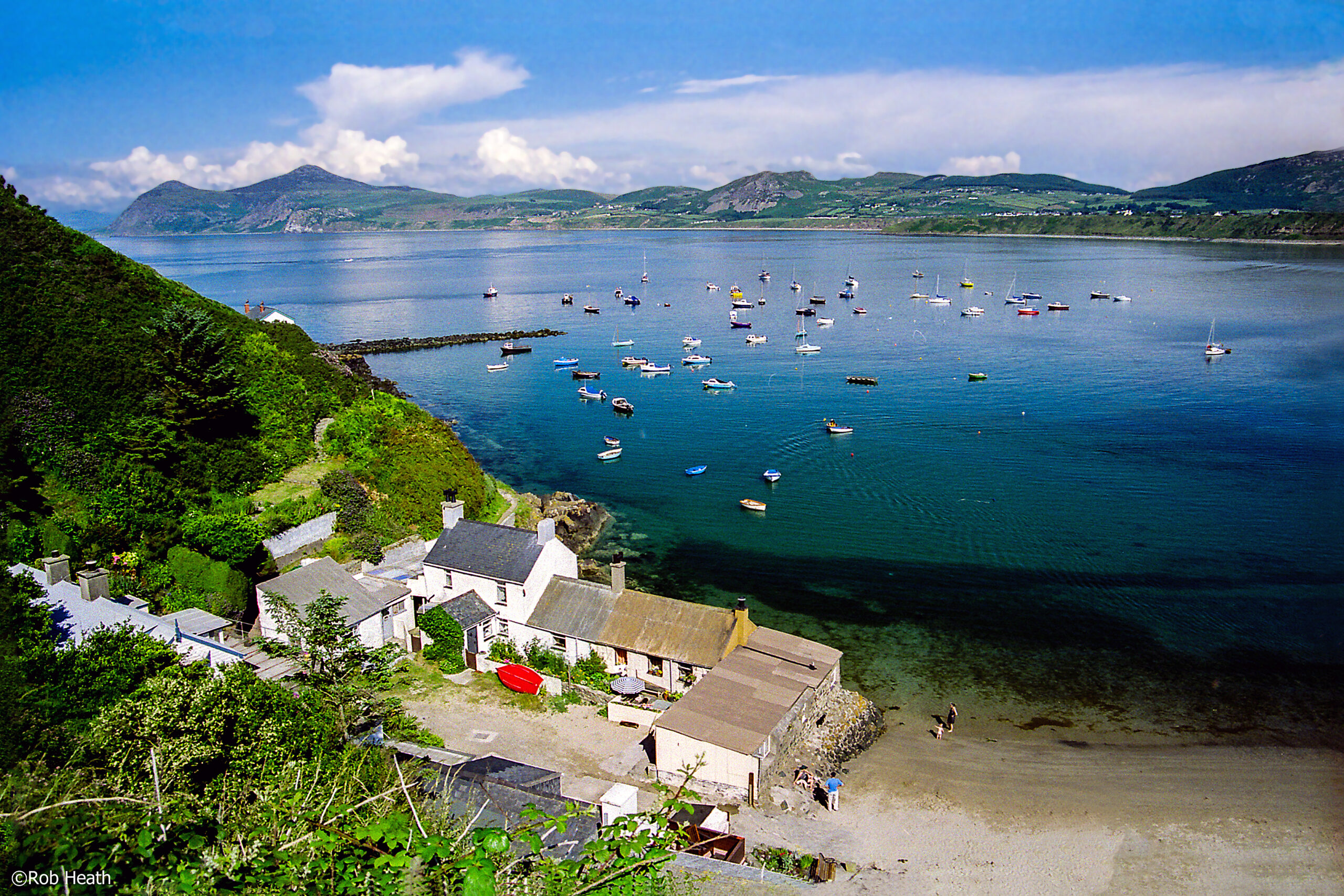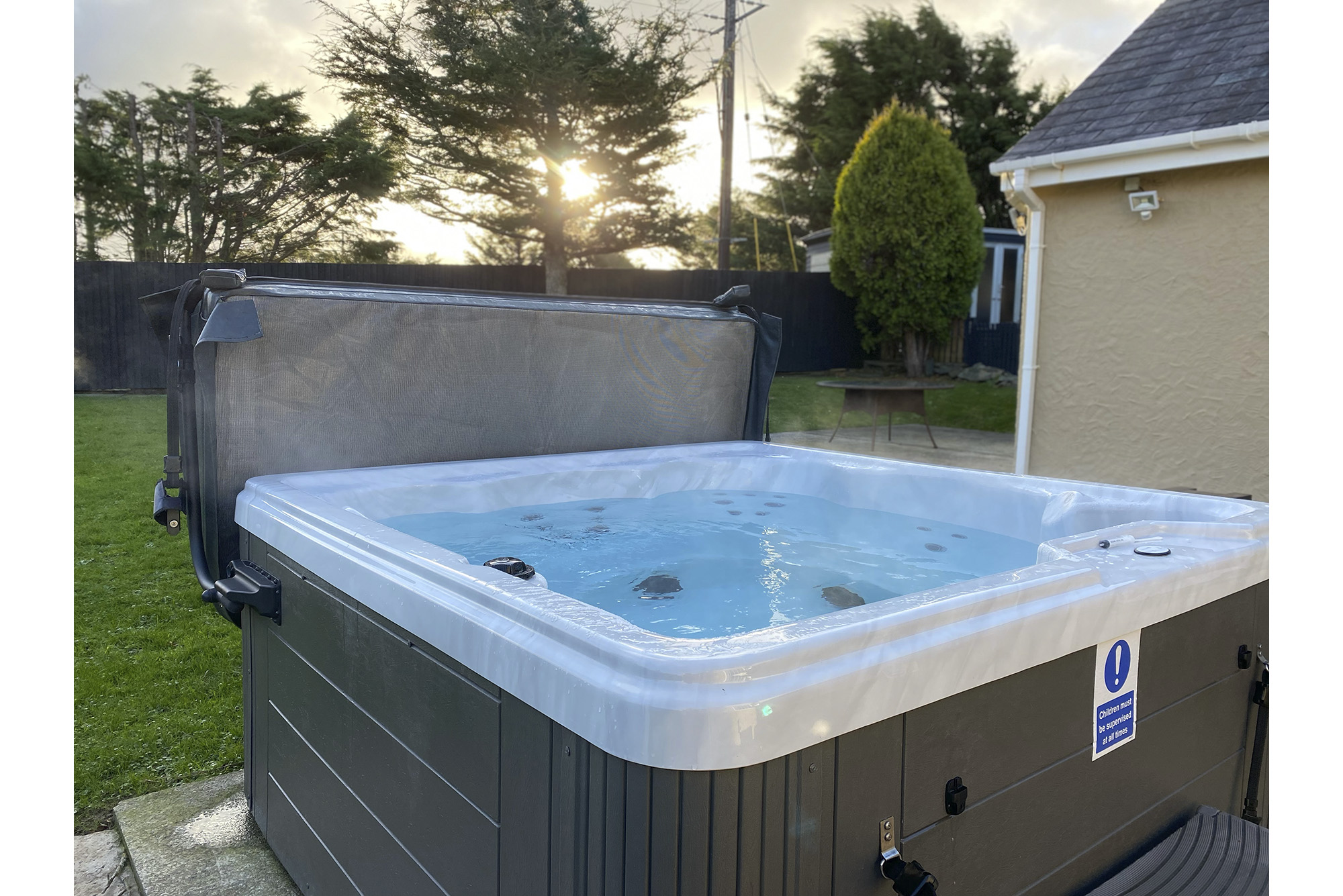You’ve been dreaming about a tranquil escape in North Wales—where the mountains meet the sea, and charming villages await—but how do you pick the perfect holiday home? Choosing the ideal spot can feel overwhelming, whether it’s your first holiday home or an addition to your property portfolio. Let’s get straight to the nitty-gritty, so you can focus on sipping tea by the coast.
What to Look for in a Holiday Home
Location and Accessibility
Choosing the right location is crucial for your North Wales holiday home. Are you keen on dipping your toes in the sea or rambling in the hills? Proximity to top attractions like Snowdonia National Park or Conwy Castle can elevate your stay and, more importantly, your home’s rental appeal. Consider how close you want to be to local amenities, such as shops and restaurants. Living miles from the nearest grocery store might be ideal for some but a hassle for others.
Now, let’s talk accessibility. North Wales is dotted with picturesque but remote spots. Ensure your holiday home is reachable via good roads and public transport. Think about how often you’ll visit. In winter, some roads may be less accessible due to weather conditions. A well-connected location not only suits you but makes your property more attractive to potential renters.
Pro-tip: If easy travel is a priority, look at properties near railway stations like those in Llandudno or Colwyn Bay. These towns offer rich cultural experiences without compromising on accessibility.
Size and Space
When it comes to sizing up your potential holiday home, think about who’ll be joining you. Do you need extra bedrooms for family visits or cosy nooks just for yourself? A property with multiple bedrooms can increase your rental income if you plan to let it out. Spacious living areas make it easier to entertain guests or simply sprawl out with a good book.
Outdoor space is just as vital. A garden or patio can enhance your living experience, offering a private retreat. Such spaces also appeal to renters, especially those with children or pets. Big houses come with their fair share of maintenance, though, so weigh the pros and cons based on your lifestyle and willingness to manage.
Pro-tip: If you’re looking to invest for rental purposes, properties with flexible, open-plan layouts can attract a wider range of guests. Consider dual-purpose rooms that can serve as an office or extra bedroom when needed.
Amenities and Facilities
Amenities can make or break your holiday experience. Does the property come with essential comforts like heating and Wi-Fi? Modern kitchens and bathrooms make everyday living easier. You might also want extra features like a hot tub or a fireplace for those cosy nights in. If you’re planning to rent out your home, these perks can justify higher rental rates.
Also, consider local facilities. A supermarket, pharmacy, and maybe even a charming local pub within walking distance can significantly enhance your stay. Don’t overlook the importance of parking facilities—both for you and your potential renters. Off-street parking is especially valuable in busy tourist locations.
Pro-tip: Properties with unique features like sea views or proximity to hiking trails can set your holiday home apart. Such amenities not only enhance your personal stay but make your property a sought-after rental option.
Understanding the Local Market
Price Trends in North Wales
Understanding price trends in North Wales is crucial if you’re looking for the perfect holiday home. Over the years, the region has seen steadily increasing property prices, particularly in tourist hotspots like Llandudno and Anglesey. Exploring housing reports and local estate agents‘ insights can provide you with a comprehensive overview of the market conditions. Here are some key factors to consider:
- Popular Areas: Coastal regions and well-known tourist spots often have higher prices.
- Rural vs Urban: Expect a significant price difference between properties closer to urban centres like Bangor and those in more secluded areas.
- Historical Data: Reviewing price changes over the past 5-10 years can help forecast future trends.
Pro-tip: Use online property portals like Rightmove and Zoopla to track real-time price movements and compare properties effectively.
Also, it’s essential to account for supply and demand dynamics. During peak tourist seasons, the demand for holiday homes spikes, contributing to price surges. Conversely, you might find better deals during off-peak times when fewer buyers are competing. Pay attention to:
- Seasonal Discounts: Sometimes, sellers offer lower prices in the winter months.
- Economic Factors: Keep an eye on broader economic indicators, as they can impact borrowing costs and property prices.
Pro-tip: Engaging a local real estate advisor can offer invaluable insights into the regional market’s nuances, helping you make a more informed purchase decision.
Seasonal Considerations
Seasonal variations can significantly affect your decision when choosing a holiday home in North Wales. The region’s tourist season typically peaks during the summer, with people flocking to its picturesque beaches and scenic landscapes. This means you’ll not only have to deal with higher property prices but also increased competition from other buyers. Here’s how you can navigate these seasonal trends:
- Summer: Ideal for visiting and inspecting properties, but be prepared for less availability and higher prices.
- Winter: Potential for lower prices and fewer competing buyers, but some properties might not present their best selves in colder, wetter conditions.
- Off-Peak Seasons: Spring and autumn often offer a balance between price and availability.
Pro-tip: If you’re flexible, consider purchasing during off-peak times to secure a better deal.
Furthermore, understanding seasonal maintenance requirements is essential. Properties in coastal areas or those exposed to harsh weather conditions might require more upkeep. Here are some factors to keep in mind:
- Winter Weatherization: Ensure the property is well-insulated and equipped to handle North Wales’ chilly winters.
- Summer Amenities: Consider properties with outdoor spaces like patios or gardens that can be enjoyed during the warmer months.
- Accessibility: Some rural properties might be difficult to access during adverse weather conditions; ensure year-round accessibility.
Pro-tip: Talk to locals and neighbours about their experiences with seasonal changes. Their first-hand knowledge can provide insights that you might not hear from estate agents or property listings.
Visiting Potential Holiday Homes
Arranging Viewings
When you are ready to see the potential holiday homes in North Wales, schedule viewings at different times of the day. This lets you experience the neighbourhood’s atmosphere both in quiet and bustling periods. Avoid weekends if possible as they may not accurately represent typical conditions. Instead, opt for weekdays to get a true sense of the area.
It’s wise to make a list of key points you want to check during your visits. This list could include the proximity to local amenities, noise levels, and the condition of the property. Don’t be afraid to ask the current owners or estate agents questions. They could provide insights into the local community, issues in the area, and the best features of the property.
Pro-tip: Use a viewing template or checklist to ensure you don’t miss any important details.
What to Check During Visits
When you step into a potential holiday home, first impressions matter—take note of the overall state of the property. Look out for signs of damp, structural issues, or pests. Don’t overlook the garden or outdoor spaces; these areas can be costly to fix if they’re in poor condition.
Inspect the interior closely. Open cupboards, check under sinks, and examine the flooring and walls. Ensure that the heating and electrical systems are up to date and in good working order. Verify that the plumbing is reliable and there are no leaks or strange noises from pipes.
Pro-tip: Take photos and videos during your visit to help you recall details later. This can be especially useful for comparing multiple properties.
Legal and Financial Considerations
Understanding the Purchase Process
So you’ve found the right place for your perfect holiday home in North Wales. But what’s next? Understanding the purchase process is crucial to ensure a smooth transition from browsing to owning.
Firstly, it’s important to know that the purchase process typically begins with making an offer on the property. Once the seller accepts your offer, a solicitor or conveyancer will prepare the necessary documentation. They will handle everything from local authority searches to draft contracts. Finally, the process concludes with the exchange of contracts and completion.
Here’s a quick breakdown of the essential steps:
- Make an offer – Launch your bid and negotiate terms.
- Engage a solicitor – Let them handle legalities.
- Conduct surveys and searches – Essential to uncover any hidden issues.
- Exchange contracts – Legally binding stage of the process.
- Completion – When you’ll finally get the keys to your new holiday home.
Pro-tip: Always use a solicitor who specialises in property transactions in North Wales. Their local knowledge can save you time and potential legal headaches.
Budgeting for Additional Costs
Buying a holiday home doesn’t just stop at the purchase price. There are several additional costs you need to factor in to avoid any financial surprises.
First, consider stamp duty. In Wales, this is known as the Land Transaction Tax (LTT). The amount you’ll pay depends on the property’s price. Next, don’t forget solicitor fees. These can vary but usually include costs for surveys and local searches. Additionally, you might need to budget for renovation or repairs if the property isn’t in tip-top condition.
Here are some key items you need to budget for:
- Land Transaction Tax (LTT) – This varies based on the property value.
- Solicitor/Conveyancer fees – Covers legal work and documentation.
- Survey costs – Essential for checking the property’s condition.
- Insurance – Home insurance is crucial for protection.
- Maintenance costs – Be prepared for any fixes or upgrades needed.
Pro-tip: Always overestimate your budget for these additional costs. It’s a safer strategy than underestimating and facing financial strain later on.
By keeping these legal and financial considerations in mind, you’ll be well on your way to owning the perfect holiday home in beautiful North Wales.
Making the Final Decision
Reviewing Your Checklist
You’ve viewed countless potential holiday homes in North Wales and it’s time to make a final decision. First things first: dive into that checklist you compiled at the very beginning. Keep it handy, and tick off each must-have and nice-to-have feature. Did the location charm you with its scenic beauty and convenience? Did the space meet your needs for family gatherings or quiet retreats? And what about those crucial amenities—think Wi-Fi, heating, and security systems?
Use your checklist as a blueprint for your final decision. Consider reconciling any disparities in your priorities or budget. If a particular property ticks most boxes but is lacking in a few areas, assess if these gaps are deal-breakers or workable compromises. You might find that a central village location outweighs the absence of, say, a private parking space.
Pro-tip: Create a priority list from your checklist. Highlight what is non-negotiable, such as a sea view or close proximity to hiking trails. This focus can help you sort through the contenders and identify the holiday home’s true potential for you and your family.
Consulting with a Local Estate Agent
Before making a final decision, it’s priceless to consult a local estate agent. These professionals will offer in-depth, region-specific insights that even the savviest online research can’t match. Because they live and work in North Wales, they understand market trends, hidden gems, and, importantly, potential red flags. Bring your short list to them and listen to their expert advice.
Local agents can validate your choice or point out aspects you may have overlooked. They can provide up-to-date information on market conditions and even negotiate better terms and prices on your behalf. Plus, they might have insider knowledge of upcoming properties not yet on the market.
Pro-tip: Ask your estate agent specific questions about future developments or proposed infrastructure projects in the area. These could significantly impact your holiday home’s value and your enjoyment of it.
Choosing the perfect holiday home in North Wales is no small feat, but with thorough research, on-site visits, and local expertise, you can find your dream getaway. Keeping a detailed checklist and consulting with trusted local estate agents are key steps to ensure you make a well-informed final decision. Enjoy your serene escape amidst North Wales’ stunning landscapes!
Frequently Asked Questions
What makes a good holiday home?
A good holiday home often includes a superb location, ample space, modern amenities, and easy accessibility. Proximity to local attractions and scenic views are also ideal.
What are the disadvantages of a holiday home?
Disadvantages include maintenance costs, higher property taxes, and the need for timely upkeep. Renting it out also involves management hassles.
What are the rules for holiday homes?
Rules vary but often include zoning laws, local council regulations, and possible requirements for holiday let licences. Always check specific local rules.
Where is best to have a holiday home?
Ideal locations for holiday homes in North Wales include Snowdonia, Llandudno, and Anglesey, known for their natural beauty and tourist friendliness.






